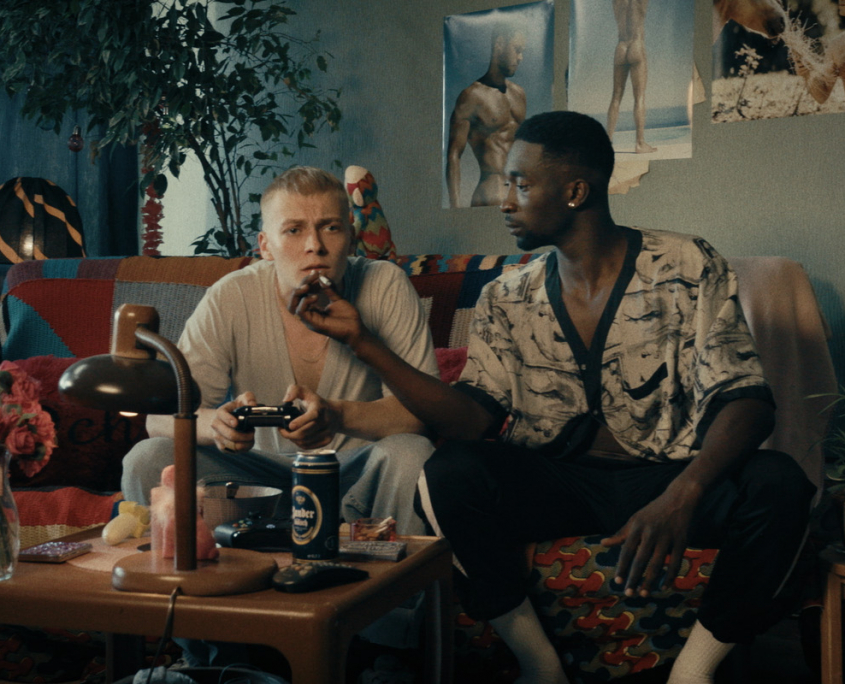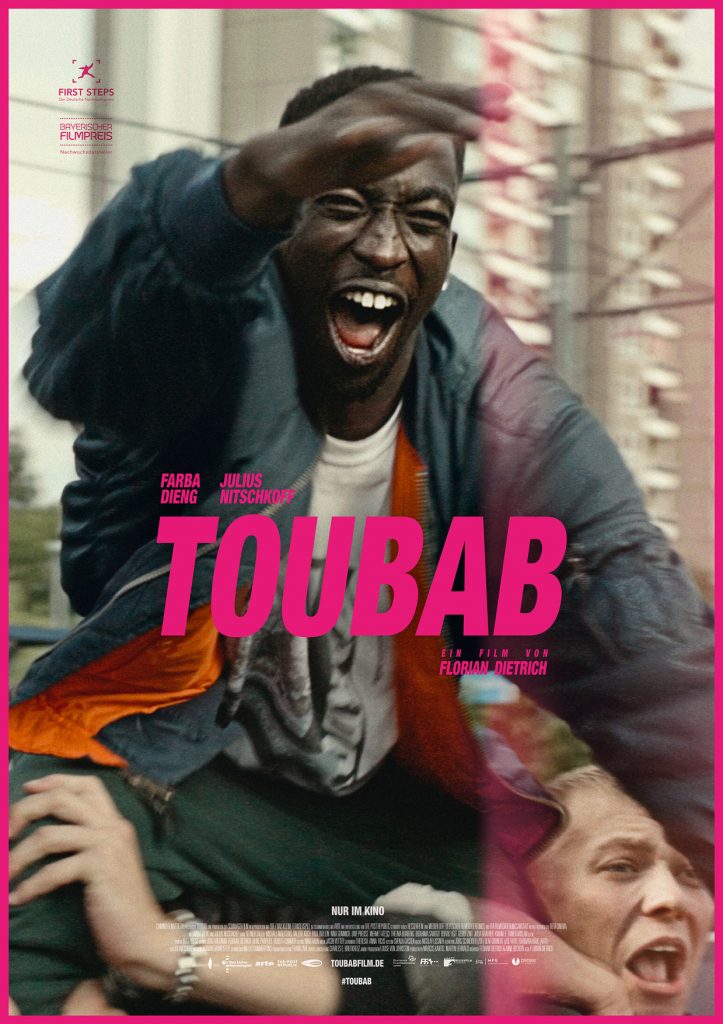Fake it ‘til you make it.
Nowadays, it’s no longer uncanny to talk about issues of homophobia and racism in comedies and so in Florian Dietrich’s attempt to discuss these in a lighthearted manner in his 2021 film Toubab seems commendable enough.
That is until we get towards the third act of the film.
Toubab is a West African term for European men. It is also a play on the lead’s name, Babtou (Farba Dieng), a gangster who just got out of prison and promises to live a life free from the sights of authorities. This proves to be short-lived as the rambunctious efforts of his friends, led by his bestfriend Dennis (Julius Nitschkoff), has called the attention of the police once more. Babtou finds himself once again in the hands of authorities and they threaten to return him to his home country of Senegal. In fear of being deported back to a country he has heard bad things about from his father, he sets out a plan to marry anyone who’s available to officially give him his green card.
Unfortunately, Babtou isn’t that popular with the women in his neighborhood. In his desperation, he turns to the one person who knows him best: Dennis. Soon, the two wed in secret and resort to comic antics to get rid of the two immigration officers that are on their tails. As two strictly heterosexuals pretending to be a couple, the two find themselves getting in parties with their lesbian neighbors and slowly opening to a life that they once ridiculed.
Despite Farba Dieng’s attempt to carry the film, who often reminds me of Khaby Lame humour in pointing out the obvious, his character falls flat when the dramatic aspect of the film sets in. Julius Nitschkoff however takes much of the spotlight as the hetero who initially hesitates to this false marriage, perhaps as he feels that his sexuality and his relationship is threatened. But soon, he convinces us that his character can grow into a more accepting hetero, and a real hero for always saving Babtou’s life.
This film is funny, well-intentioned to the point of playing it too safe for its messaging. Things get pretty cliched towards its final act. It’s such a shame because it would have been more fun to see them explore these issues well and to translate them to a broader audience that is slowly coming to terms with queer stories and of other minorities. It’s fun though, just don’t take it too seriously.



